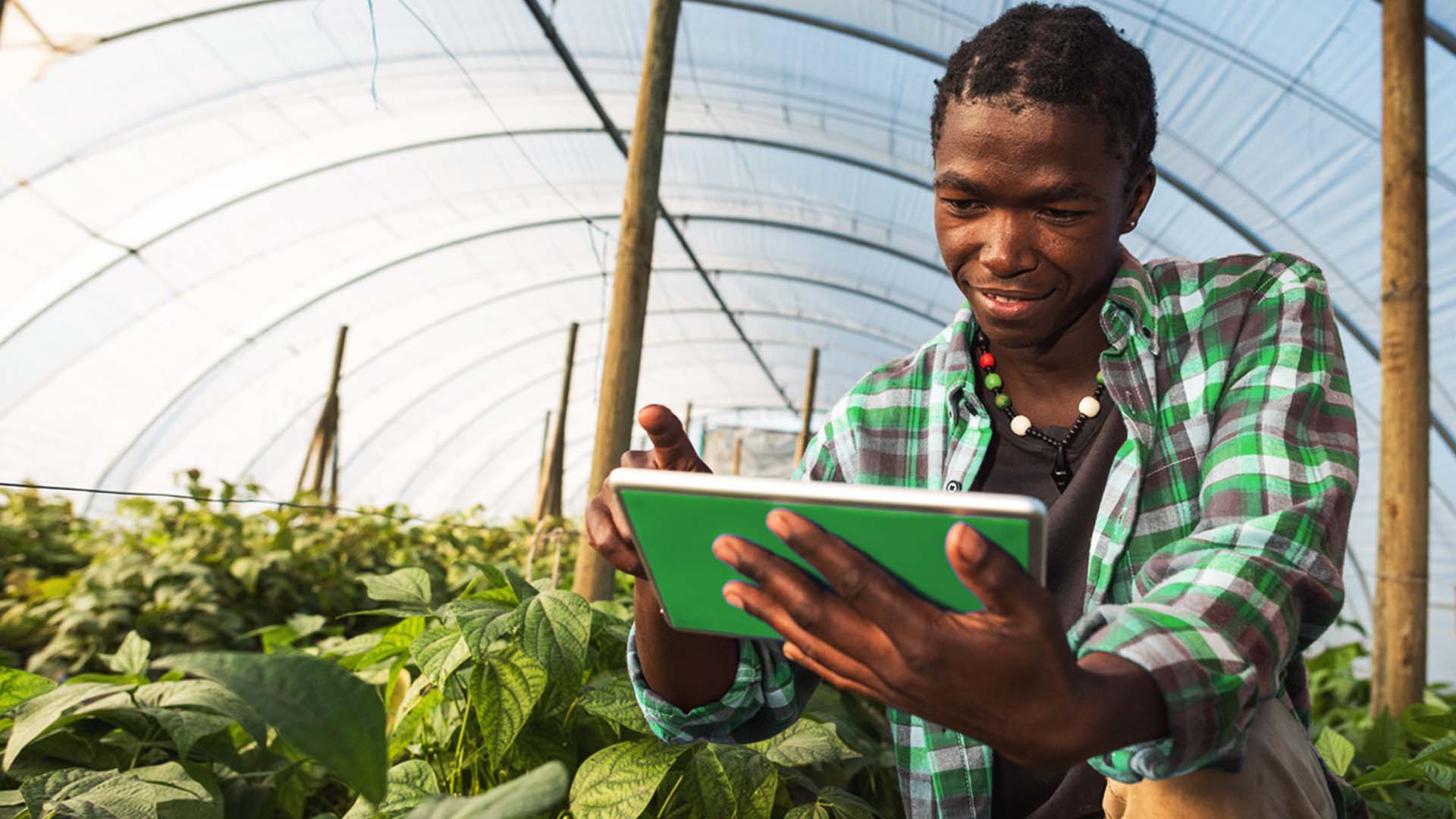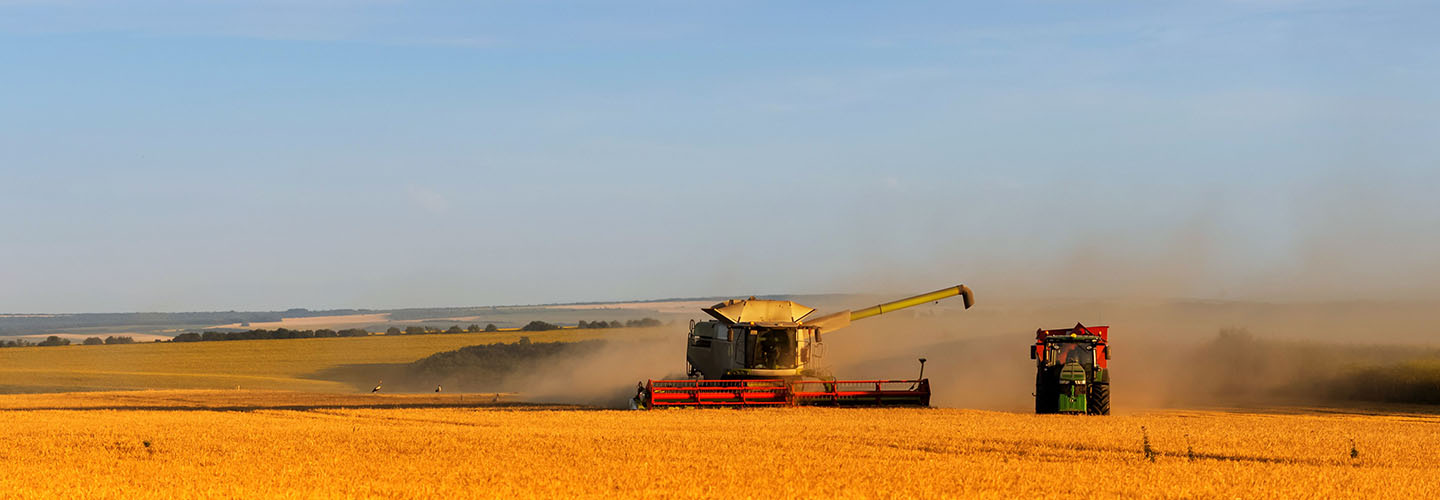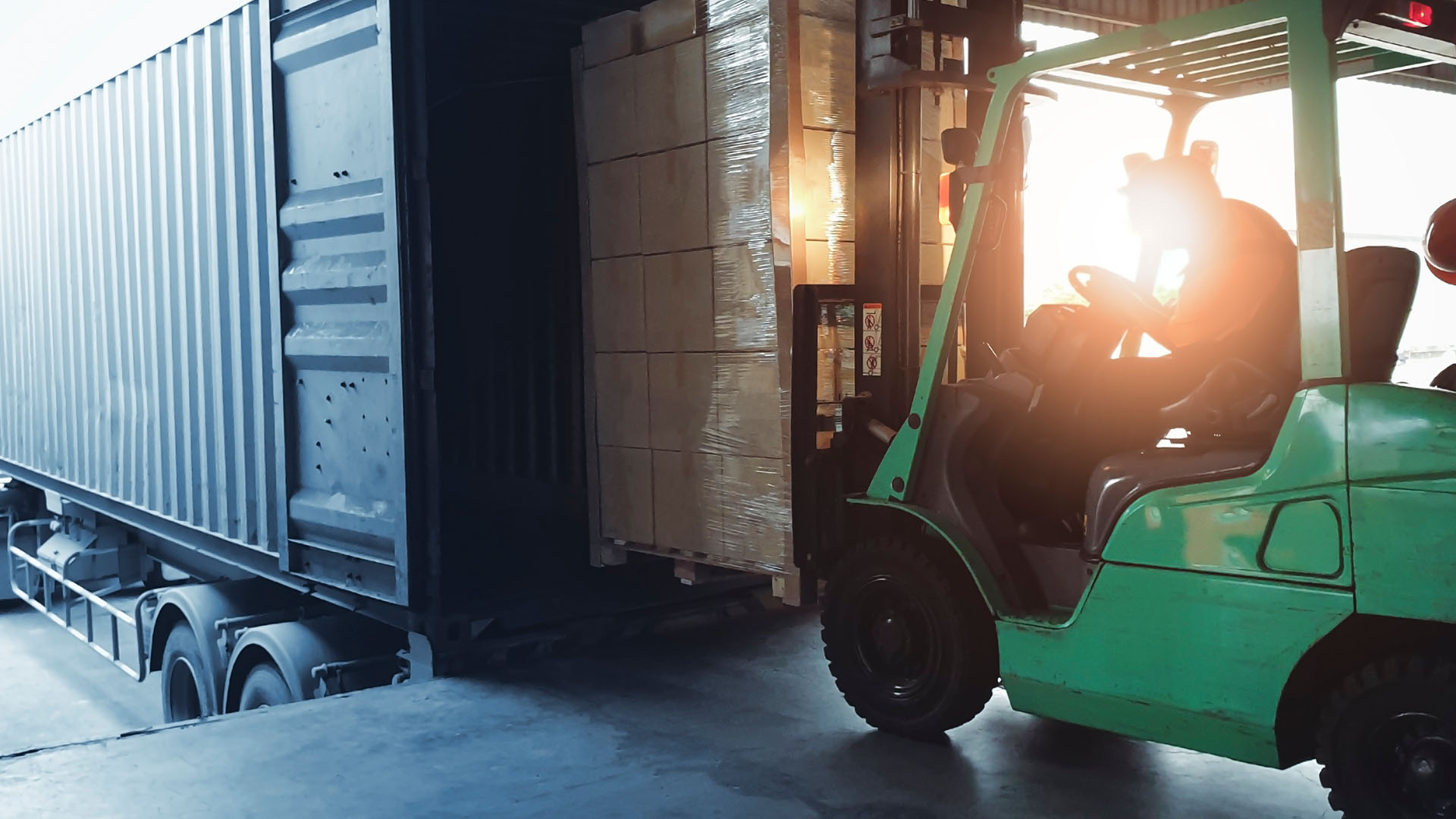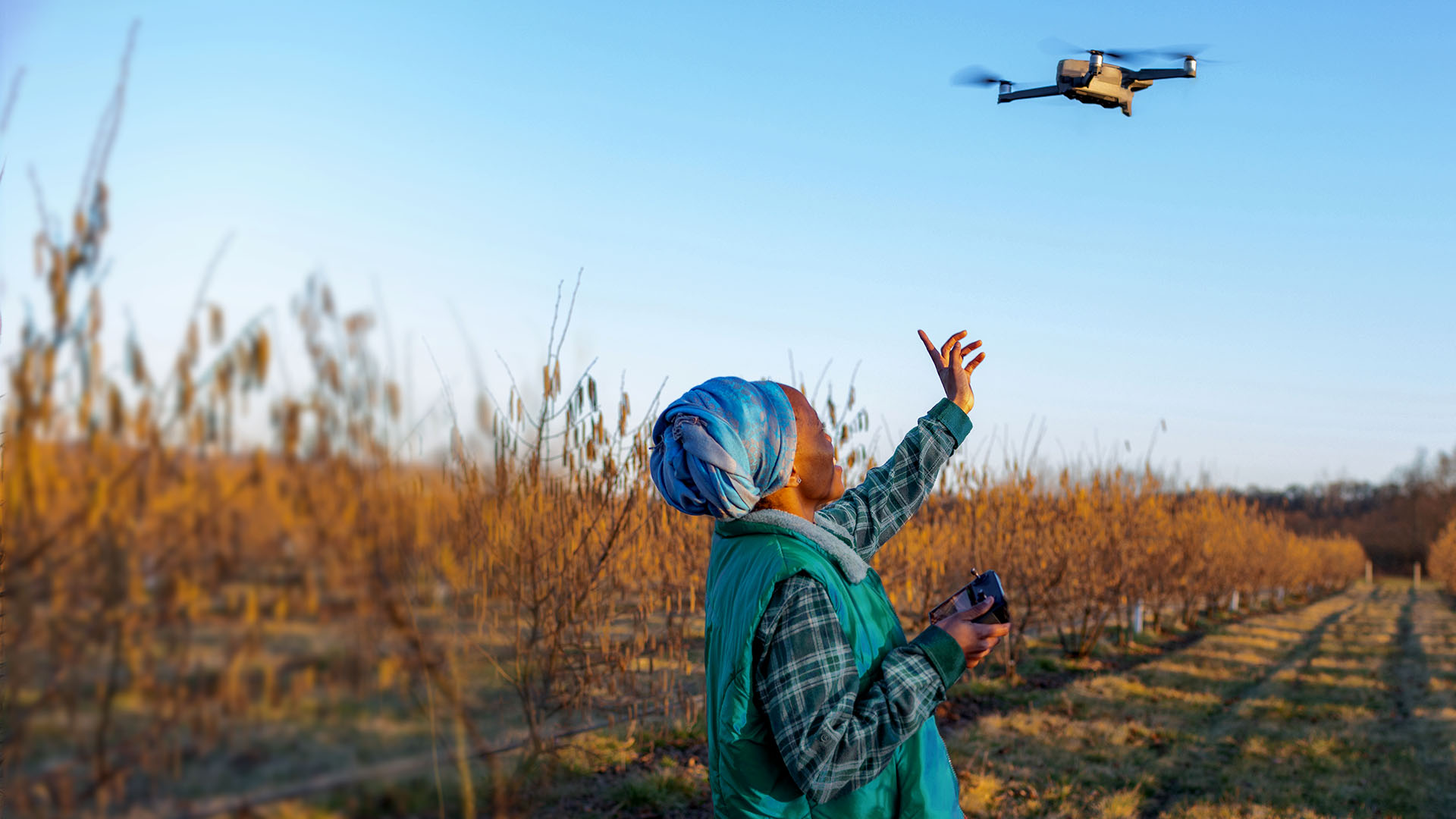Empowerment and transformation are big issues in South Africa, and a priority for the government. Transforming agricultural and land ownership are 2 key areas vital to our country’s economic and social progress.
According to government and other official industry estimates, to date, around 24% of all farmland has been redistributed with land rights restored – against a target of 30% by 2030. In addition, since 1994, black farmers have acquired almost 2 million hectares of farmland – or 2.3% of the total freehold farmland available – without any assistance from the state-sponsored land redistribution programme. If you’re a small-scale farmer, you’ll know that land redistribution and acquisition for black farmers is only 1 step on a long and challenging journey to success. What’s involved in being a small-scale farmer in a transforming agricultural sector?
Small-scale black farmers
As a small-scale black farmer who wants to farm sustainably and make a living, there are many factors you must consider. These include how to get the support, education, mentorship, and financial partnerships that you’ll need, and finding out exactly what financial and operational challenges you’ll face.
For example, commercial farmland acquired for redistribution has seldom been officially subdivided for small-scale farmers, despite there being no legal barriers to doing so. There has been an overemphasis on the redistribution of large commercial farms as single operations, which can limit your ability to create jobs and reduce poverty on a more manageable scale.
Small-scale farming as a sustainable business
Many small-scale farmers in SA focus on growing dryland crops, fresh produce and livestock – often indigenous breeds of cattle, goats and homestead poultry. Most face challenges like access to tractors and equipment, and cash to buy fertilisers and chemicals. In some cases, small-scale land restitution beneficiaries ask neighbouring white farmers to help with tractors and farming tools.
A promising recent example of progress in the small-scale farming community is the Agripreneur Development Programme
Access to markets can also be an issue, with many small-scale farmers selling their produce to informal traders who can transport and distribute the goods. If you’re looking to expand the market for your produce by selling in bulk to supermarkets, for example, you may need to cooperate with several small-scale farms to produce enough high-quality crops at scale and maintain a regular supply.
Raising livestock as a small-scale farmer also presents challenges – often to do with access to sustainable sources of water, which can be far from the kraal where the animals must be kept at night to protect against theft. But livestock farming also comes with advantages. The kraal and its homesteads play a significant role in community life. Small-scale farmers often find livestock easier to market than fresh produce, because of the active local trade in cattle and goats, for example, for traditional ceremonies. The many livestock sales points and auction sales also have benefits for small-scale farmers.
Viable small-scale farming practices
In general, it can be hard to find the skills and support you need as a small-scale farmer. Mentorship of small-scale farmers by commercial farmers has not been very successful, perhaps because they each use farming systems that are so different. But this challenging scenario could be changing, with more direct involvement by the private sector.
A promising recent example of progress in the small-scale farming community is the Agripreneur Development Programme introduced by Enterprising Africa Regional Network (Pty) Ltd (EARN). It boasts a comprehensive curriculum created to equip young African farmers with the necessary technical and business skills to develop their own profitable, sustainable and growth-oriented agribusinesses. The first group of aspiring emerging farmers entered the programme in September 2023.
Nedbank is active in the programme – we recently announced a contribution of R6.5 million through our Enterprise and Supplier Development Programme, which will enable 20 young South Africans to participate in the EARN programme.








